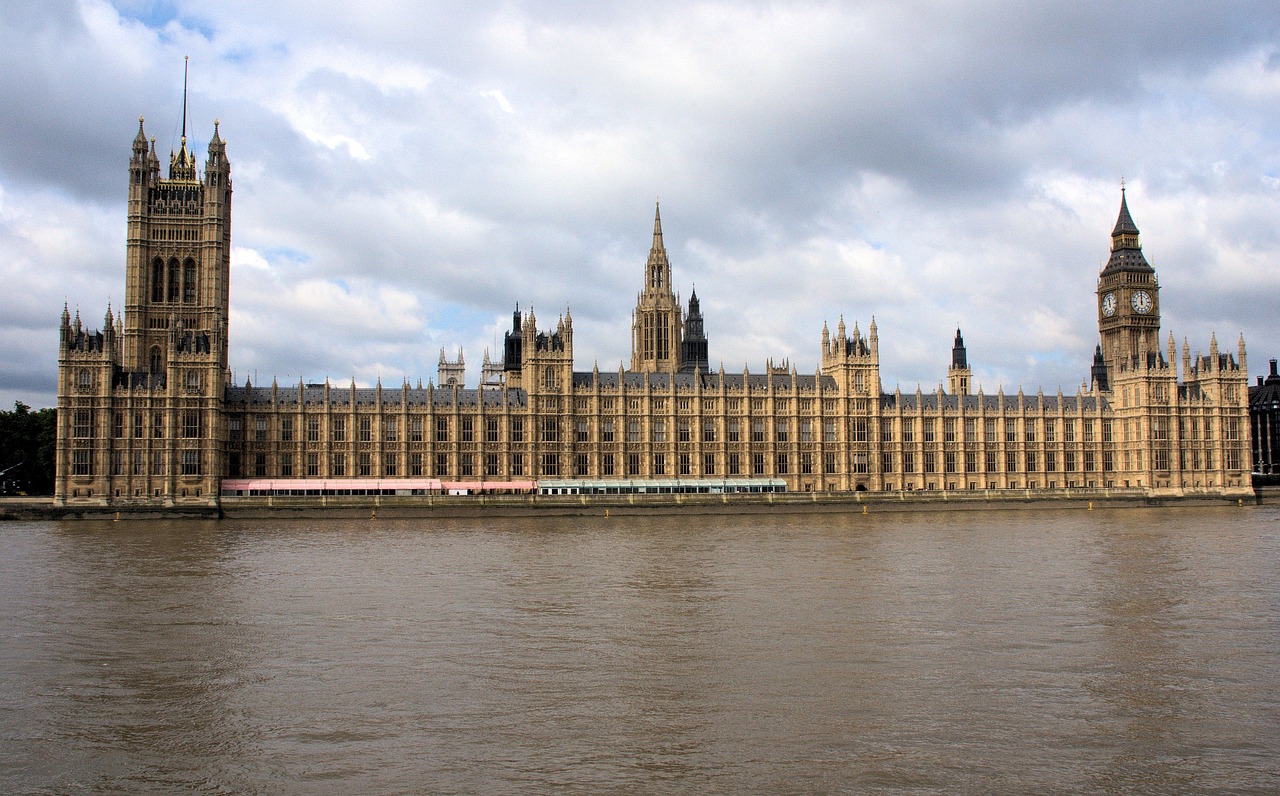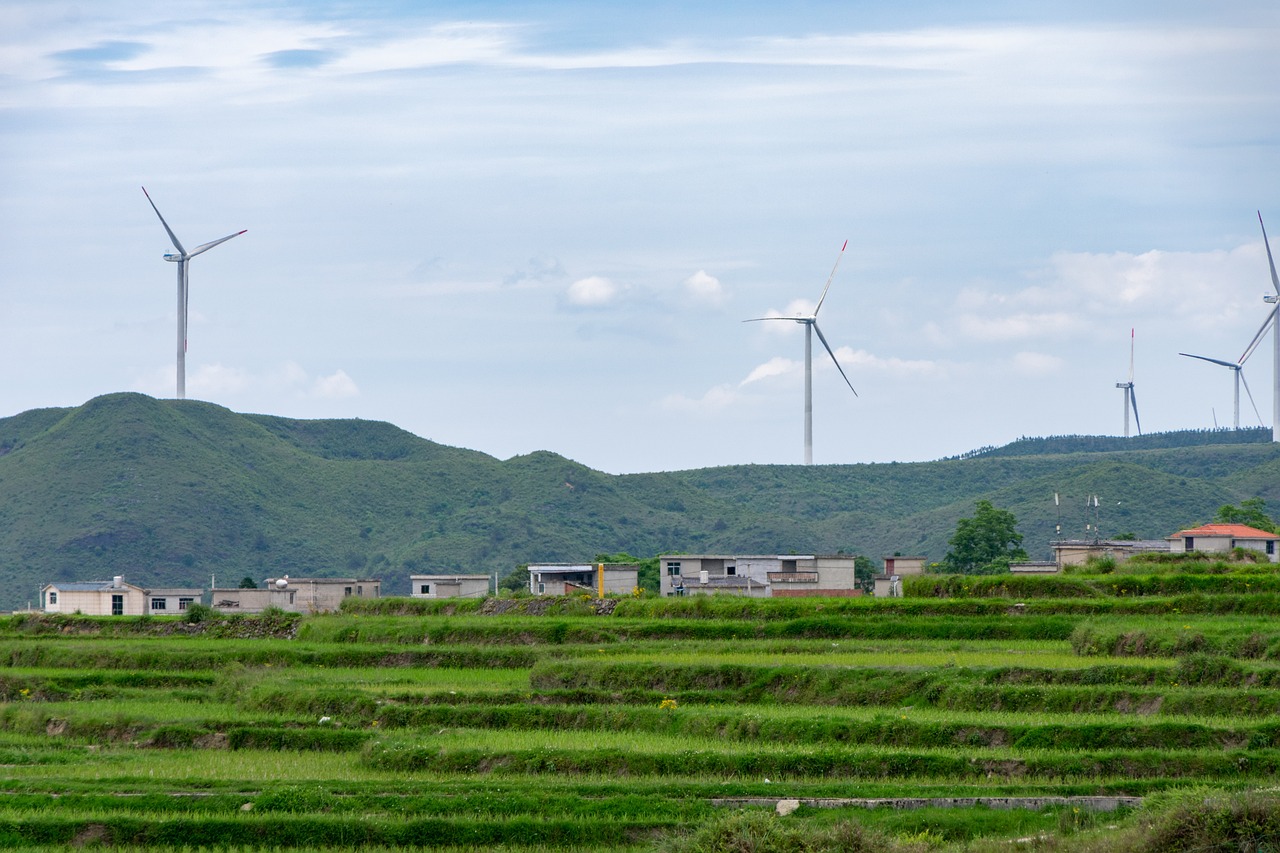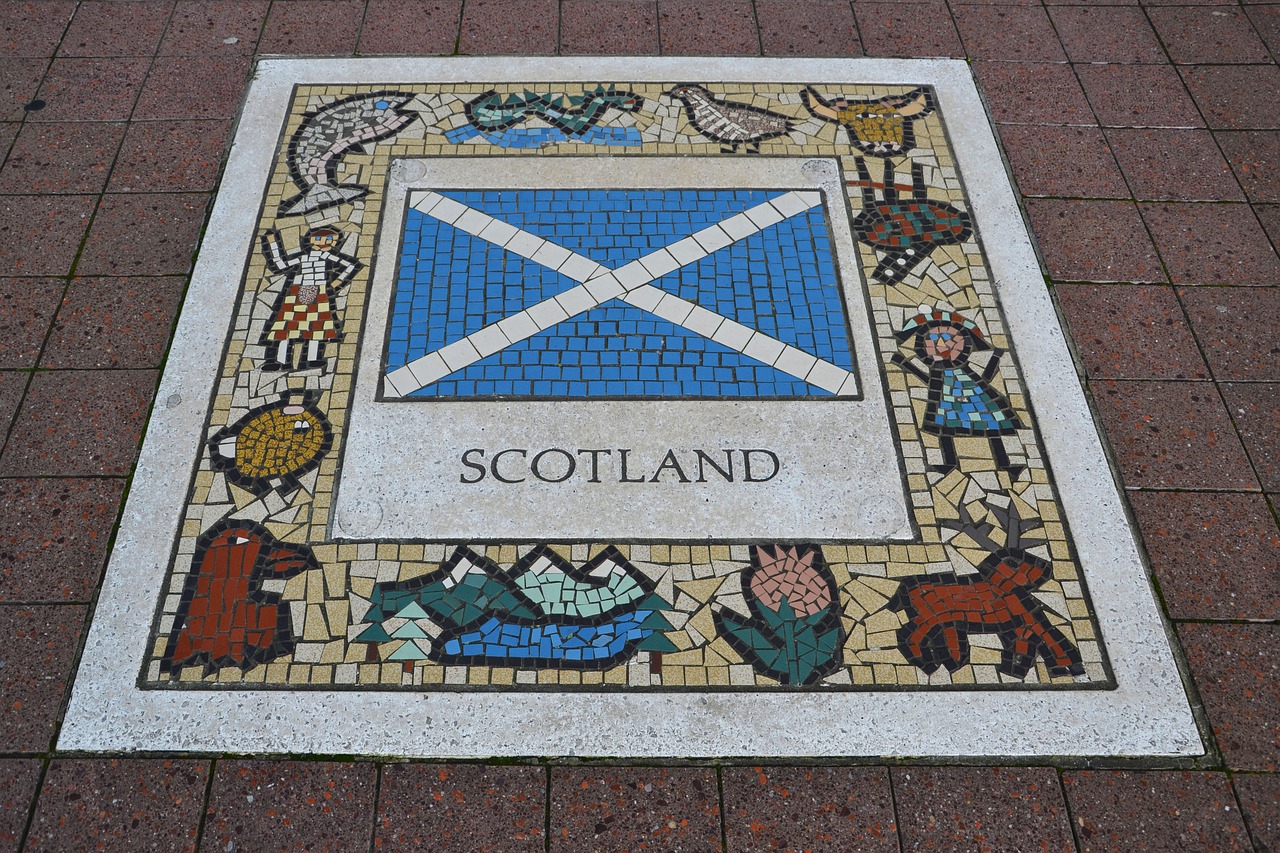The Role of the United Nations in Global Governance
The United Nations is a cornerstone of global governance, playing a pivotal role in shaping international relations and addressing pressing global challenges. Established in 1945 in the aftermath of World War II, the UN serves as a forum for diplomatic dialogue, conflict resolution, and cooperation among its member states.
One of the primary functions of the United Nations is to maintain international peace and security through peacekeeping operations. These missions are deployed to conflict zones worldwide to prevent violence, protect civilians, and facilitate political processes aimed at resolving disputes peacefully.
In addition to peacekeeping, the UN is a staunch advocate for human rights on a global scale. Through mechanisms such as the Universal Declaration of Human Rights and various treaty bodies, the organization monitors human rights violations, advocates for justice, and supports marginalized populations in their quest for equality and dignity.
The UN's commitment to sustainable development is evident in its adoption of the Sustainable Development Goals (SDGs), a set of ambitious targets aimed at eradicating poverty, combating climate change, and promoting social inclusion by 2030. By mobilizing resources and fostering partnerships, the UN strives to create a more sustainable and equitable world for future generations.
Moreover, the United Nations plays a crucial role in providing humanitarian assistance to those in need. Agencies like UNICEF, the World Food Programme, and the UN Refugee Agency deliver life-saving aid to populations affected by conflicts, natural disasters, and other emergencies, alleviating suffering and protecting the most vulnerable individuals.
Furthermore, the UN upholds the principles of international law and justice by mediating disputes between nations, promoting adherence to international norms, and ensuring accountability through legal mechanisms such as the International Court of Justice. By fostering a rules-based international order, the UN contributes to a more stable and just global community.
Environmental protection is another key focus area for the United Nations, which convenes countries to negotiate agreements and initiatives aimed at addressing pressing environmental challenges such as climate change, biodiversity loss, and pollution. Through collaborative efforts, the UN seeks to safeguard the planet for current and future generations.
Gender equality and women's empowerment are central to the UN's agenda, with initiatives like UN Women and the Convention on the Elimination of All Forms of Discrimination against Women driving progress towards gender parity and women's rights worldwide. By advocating for equal opportunities and representation, the UN strives to create a more inclusive and gender-equitable society.
Additionally, the UN leads global health initiatives in partnership with the World Health Organization and other stakeholders to address public health challenges, including pandemics, infectious diseases, and healthcare access disparities. By coordinating responses and mobilizing resources, the UN works to improve health outcomes and promote well-being on a global scale.

Peacekeeping Operations
Peacekeeping operations are a cornerstone of the United Nations' efforts to maintain international peace and security. These missions are deployed to conflict zones around the world, where they play a crucial role in preventing and resolving conflicts. By facilitating political processes, protecting civilians, and disarming combatants, UN peacekeeping forces help create a stable environment for peace negotiations and post-conflict reconstruction.
One of the key aspects of peacekeeping operations is their ability to adapt to the specific needs of each conflict situation. Whether it's monitoring ceasefires, supporting elections, or providing humanitarian assistance, UN peacekeepers work tirelessly to address the root causes of conflict and promote lasting peace.
Moreover, peacekeeping missions often involve troops and personnel from multiple countries, showcasing international cooperation and solidarity in the pursuit of peace. The diverse backgrounds and expertise of these peacekeepers contribute to the effectiveness and credibility of UN peacekeeping efforts.
While peacekeeping operations face numerous challenges, including security threats, resource constraints, and political complexities, the UN remains committed to upholding its mandate to protect vulnerable populations and promote stability in conflict-affected regions. Through continuous evaluation and adaptation, the UN strives to enhance the impact and efficiency of its peacekeeping missions for the benefit of all involved parties.

Human Rights Advocacy
The United Nations plays a crucial role in maintaining international peace and security, promoting human rights, fostering sustainable development, and providing humanitarian aid worldwide. Its diverse agencies and programs work towards creating a more just and peaceful world.
UN peacekeeping missions are deployed to conflict zones to help maintain peace and security, facilitate political processes, protect civilians, and disarm combatants. These operations play a vital role in preventing and resolving conflicts around the world.
The UN works to protect and promote human rights globally through mechanisms such as the Universal Declaration of Human Rights, special rapporteurs, and treaty bodies. It monitors human rights violations, advocates for justice, and supports vulnerable populations.
The UN's Sustainable Development Goals (SDGs) provide a blueprint for addressing global challenges such as poverty, inequality, climate change, and environmental degradation. By mobilizing resources and coordinating efforts, the UN aims to achieve a more sustainable and equitable world by 2030.
Through agencies like UNICEF, the World Food Programme, and the UN Refugee Agency, the UN delivers life-saving aid to people affected by conflicts, disasters, and emergencies. This humanitarian assistance helps alleviate suffering and protect the most vulnerable populations.
The UN plays a key role in promoting international law, resolving disputes between countries, and upholding the principles of justice and accountability. The International Court of Justice and other legal mechanisms help ensure compliance with international norms and standards.
Addressing global environmental challenges is a priority for the UN, which convenes countries to negotiate agreements like the Paris Climate Accord and the Convention on Biological Diversity. Through initiatives and partnerships, the UN works to protect the planet for future generations.
The UN promotes gender equality and women's empowerment through initiatives like UN Women and the Convention on the Elimination of All Forms of Discrimination against Women. By advocating for women's rights and opportunities, the UN strives for a more inclusive and equitable world.
In collaboration with the World Health Organization and other partners, the UN leads efforts to address global health challenges, including pandemics, infectious diseases, and access to healthcare. By coordinating responses and mobilizing resources, the UN works to improve health outcomes worldwide.
The UN's human rights advocacy efforts are integral to its mission of promoting justice and equality worldwide. Through mechanisms such as the Universal Declaration of Human Rights, the UN establishes standards for human rights protection and monitors compliance. Special rapporteurs investigate human rights violations in various countries, shedding light on abuses and advocating for accountability. Additionally, treaty bodies oversee the implementation of human rights conventions, ensuring that states uphold their commitments to protect and respect human rights.
Stay tuned for the answers to some common questions about the United Nations and its role in global governance!

Sustainable Development Goals
The United Nations plays a crucial role in maintaining international peace and security, promoting human rights, fostering sustainable development, and providing humanitarian aid worldwide. Its diverse agencies and programs work towards creating a more just and peaceful world.
UN peacekeeping missions are deployed to conflict zones to help maintain peace and security, facilitate political processes, protect civilians, and disarm combatants. These operations play a vital role in preventing and resolving conflicts around the world.
The UN works to protect and promote human rights globally through mechanisms such as the Universal Declaration of Human Rights, special rapporteurs, and treaty bodies. It monitors human rights violations, advocates for justice, and supports vulnerable populations.
The UN's Sustainable Development Goals (SDGs) provide a blueprint for addressing global challenges such as poverty, inequality, climate change, and environmental degradation. By mobilizing resources and coordinating efforts, the UN aims to achieve a more sustainable and equitable world by 2030.
Through agencies like UNICEF, the World Food Programme, and the UN Refugee Agency, the UN delivers life-saving aid to people affected by conflicts, disasters, and emergencies. This humanitarian assistance helps alleviate suffering and protect the most vulnerable populations.
The UN plays a key role in promoting international law, resolving disputes between countries, and upholding the principles of justice and accountability. The International Court of Justice and other legal mechanisms help ensure compliance with international norms and standards.
Addressing global environmental challenges is a priority for the UN, which convenes countries to negotiate agreements like the Paris Climate Accord and the Convention on Biological Diversity. Through initiatives and partnerships, the UN works to protect the planet for future generations.
The UN promotes gender equality and women's empowerment through initiatives like UN Women and the Convention on the Elimination of All Forms of Discrimination against Women. By advocating for women's rights and opportunities, the UN strives for a more inclusive and equitable world.
In collaboration with the World Health Organization and other partners, the UN leads efforts to address global health challenges, including pandemics, infectious diseases, and access to healthcare. By coordinating responses and mobilizing resources, the UN works to improve health outcomes worldwide.

Humanitarian Assistance
The United Nations, through its various agencies like UNICEF, the World Food Programme, and the UN Refugee Agency, plays a critical role in providing humanitarian assistance to populations affected by conflicts, disasters, and emergencies worldwide. These agencies work tirelessly to deliver life-saving aid, including food, shelter, medical supplies, and other essential support, to those in need.
Humanitarian assistance provided by the UN is not just about addressing immediate needs but also about protecting the most vulnerable populations, including children, women, and the elderly, in times of crisis. By responding swiftly to emergencies and coordinating relief efforts, the UN helps alleviate suffering and prevent further harm in some of the most challenging environments on the planet.
One of the key strengths of the UN's humanitarian assistance is its ability to reach remote and hard-to-access areas where local resources may be limited or unavailable. Through partnerships with local organizations, governments, and other stakeholders, the UN ensures that aid reaches those who need it most, even in the most challenging circumstances.
Furthermore, the UN's humanitarian assistance is guided by principles of neutrality, impartiality, and independence, ensuring that aid is distributed based on need alone, without discrimination or political considerations. This commitment to humanitarian values underscores the importance of providing assistance based on the fundamental principles of humanity and solidarity.

International Law and Justice
The United Nations plays a pivotal role in upholding international law and justice on a global scale. Through the International Court of Justice and other legal mechanisms, the UN serves as a platform for resolving disputes between countries and ensuring adherence to established norms and standards. By promoting the principles of justice and accountability, the UN contributes to a more harmonious and lawful international community.
One of the primary functions of the UN in the realm of international law is to facilitate diplomatic negotiations and peaceful resolutions to conflicts between nations. By providing a forum for dialogue and mediation, the UN helps prevent escalation into armed confrontations and fosters mutual understanding among conflicting parties. This diplomatic role is essential in maintaining stability and preventing the outbreak of hostilities.
Moreover, the UN actively promotes adherence to international treaties and agreements that govern various aspects of global interactions, from trade and environmental protection to human rights and humanitarian law. By encouraging countries to ratify and comply with these instruments, the UN strengthens the framework of international law and fosters cooperation among states.
Additionally, the UN supports efforts to combat impunity for international crimes and human rights violations through mechanisms such as international tribunals and truth commissions. By holding perpetrators accountable and seeking justice for victims, the UN contributes to the deterrence of future atrocities and the promotion of a culture of respect for human rights and rule of law.
In conclusion, the United Nations' role in promoting international law and justice is essential for fostering peaceful relations between nations, upholding human rights, and ensuring accountability for violations. By serving as a beacon of legality and fairness in the global arena, the UN plays a crucial part in advancing a more just and equitable world for all.

Environmental Protection
The United Nations plays a crucial role in maintaining international peace and security, promoting human rights, fostering sustainable development, and providing humanitarian aid worldwide. Its diverse agencies and programs work towards creating a more just and peaceful world.
UN peacekeeping missions are deployed to conflict zones to help maintain peace and security, facilitate political processes, protect civilians, and disarm combatants. These operations play a vital role in preventing and resolving conflicts around the world.
The UN works to protect and promote human rights globally through mechanisms such as the Universal Declaration of Human Rights, special rapporteurs, and treaty bodies. It monitors human rights violations, advocates for justice, and supports vulnerable populations.
The UN's Sustainable Development Goals (SDGs) provide a blueprint for addressing global challenges such as poverty, inequality, climate change, and environmental degradation. By mobilizing resources and coordinating efforts, the UN aims to achieve a more sustainable and equitable world by 2030.
Through agencies like UNICEF, the World Food Programme, and the UN Refugee Agency, the UN delivers life-saving aid to people affected by conflicts, disasters, and emergencies. This humanitarian assistance helps alleviate suffering and protect the most vulnerable populations.
The UN plays a key role in promoting international law, resolving disputes between countries, and upholding the principles of justice and accountability. The International Court of Justice and other legal mechanisms help ensure compliance with international norms and standards.
Addressing global environmental challenges is a priority for the UN, which convenes countries to negotiate agreements like the Paris Climate Accord and the Convention on Biological Diversity. Through initiatives and partnerships, the UN works to protect the planet for future generations.
The UN promotes gender equality and women's empowerment through initiatives like UN Women and the Convention on the Elimination of All Forms of Discrimination against Women. By advocating for women's rights and opportunities, the UN strives for a more inclusive and equitable world.
In collaboration with the World Health Organization and other partners, the UN leads efforts to address global health challenges, including pandemics, infectious diseases, and access to healthcare. By coordinating responses and mobilizing resources, the UN works to improve health outcomes worldwide.

Gender Equality and Women's Empowerment
The United Nations plays a crucial role in maintaining international peace and security, promoting human rights, fostering sustainable development, and providing humanitarian aid worldwide. Its diverse agencies and programs work towards creating a more just and peaceful world.
Gender equality and women's empowerment are fundamental principles championed by the United Nations through initiatives like UN Women and the Convention on the Elimination of All Forms of Discrimination against Women. The UN advocates for women's rights and opportunities, striving for a more inclusive and equitable world where women can fully participate and lead in all aspects of society.

Global Health Initiatives
The United Nations, in collaboration with the World Health Organization (WHO) and various partners, spearheads aimed at addressing pressing health challenges on a worldwide scale. These initiatives encompass a wide range of efforts, from combating pandemics and infectious diseases to improving access to healthcare in underserved regions. The UN plays a pivotal role in coordinating responses and mobilizing resources to enhance health outcomes globally.
Frequently Asked Questions
- What is the primary role of the United Nations?
The United Nations plays a crucial role in maintaining international peace and security, promoting human rights, fostering sustainable development, and providing humanitarian aid worldwide.
- How does the UN contribute to peacekeeping?
UN peacekeeping missions are deployed to conflict zones to help maintain peace and security, facilitate political processes, protect civilians, and disarm combatants, thus preventing and resolving conflicts globally.
- What are the Sustainable Development Goals (SDGs)?
The SDGs provide a blueprint for addressing global challenges such as poverty, inequality, climate change, and environmental degradation, aiming to achieve a more sustainable and equitable world by 2030 through coordinated efforts.
- How does the UN support humanitarian assistance?
Through agencies like UNICEF and the World Food Programme, the UN delivers life-saving aid to people affected by conflicts, disasters, and emergencies, helping alleviate suffering and protect vulnerable populations.
- What is the UN's role in promoting gender equality?
The UN promotes gender equality and women's empowerment through initiatives like UN Women, advocating for women's rights and opportunities to create a more inclusive and equitable world.
- How does the UN address global health challenges?
In collaboration with the World Health Organization, the UN leads efforts to address global health challenges, including pandemics and infectious diseases, by coordinating responses and mobilizing resources to improve health outcomes worldwide.



















